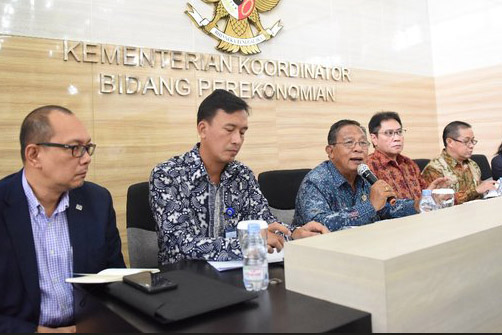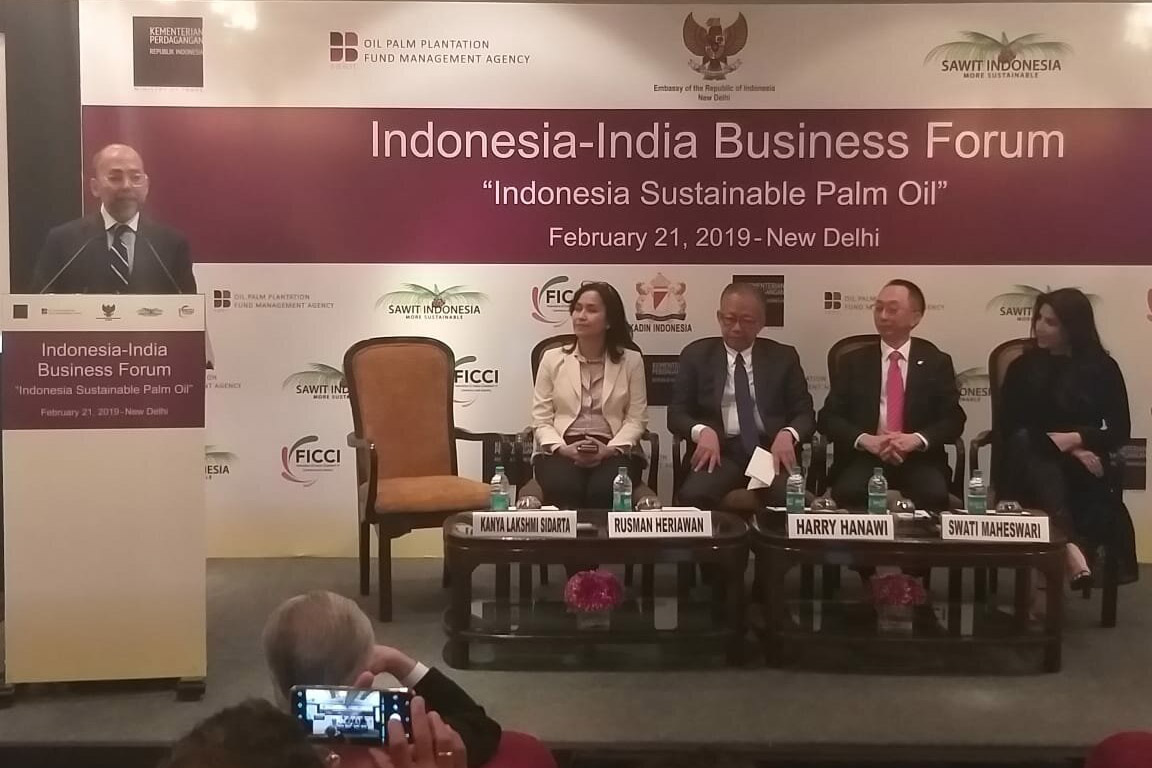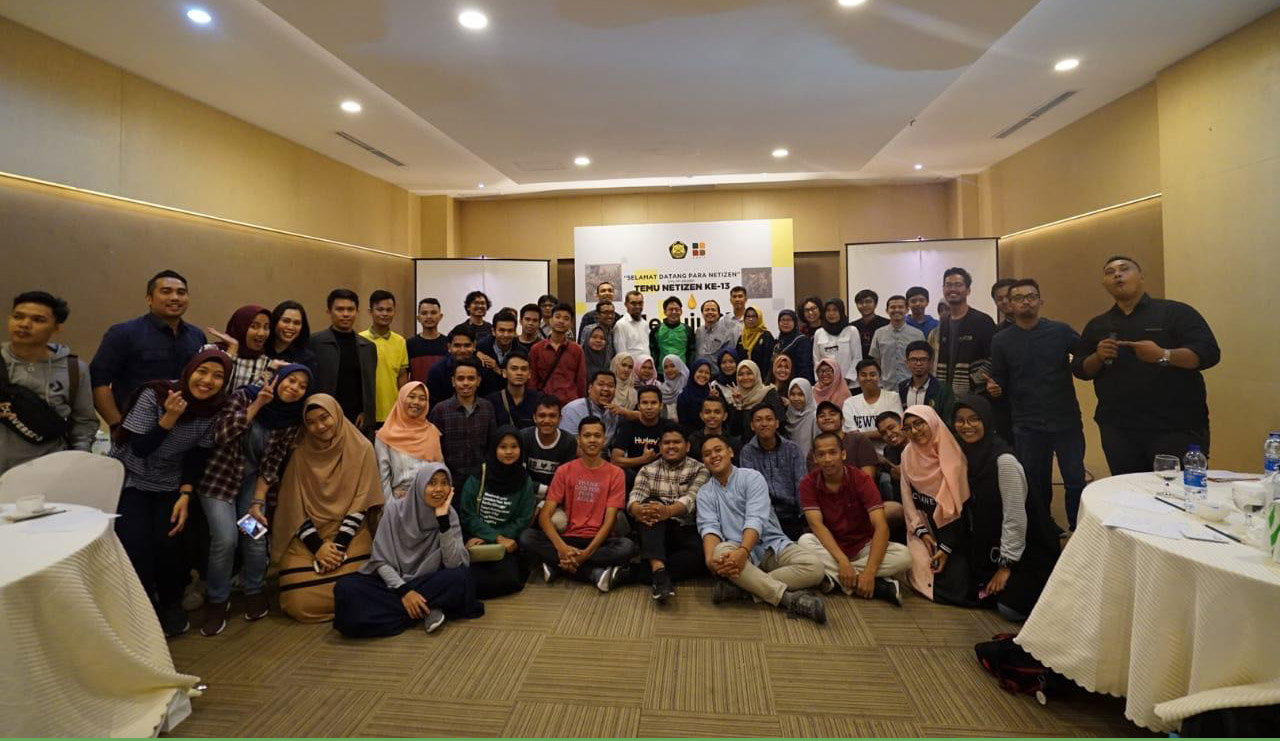Govt Responses to the EU’s Discrimination Against Palm Oil
The Government of Indonesia, Monday (18/3/2019), responded to the European Union’s discrimination against palm oil, demanded equal treatment on this national commodity in the EU’s market. “The Government of Indonesia strongly opposes the decision of the European Commission to adopt the Draft Delegated Regulation which classifies palm oil as unsustainable high-risk ILUC vegetable oil,” Coordinating Minister for Economic Affairs Darmin Nasution said as he chaired a coordination meeting to discuss the EU’s Delegated Regulation at his office, Monday (18/3/2019). On a press release, the Government said the response was a follow-up to the agreement of the 6th Ministerial Meeting Council of Palm Oil Producing Countries (CPOPC) on 28 February 2019.

The Government of Indonesia, Monday (18/3/2019), responded to the European Union’s discrimination against palm oil, demanded equal treatment on this national commodity in the EU’s market.
“The Government of Indonesia strongly opposes the decision of the European Commission to adopt the Draft Delegated Regulation which classifies palm oil as unsustainable high-risk ILUC vegetable oil,” Coordinating Minister for Economic Affairs Darmin Nasution said as he chaired a coordination meeting to discuss the EU’s Delegated Regulation at his office, Monday (18/3/2019).
On a press release, the Government said the response was a follow-up to the agreement of the 6th Ministerial Meeting Council of Palm Oil Producing Countries (CPOPC) on 28 February 2019. At the ministerial meeting, three biggest palm oil producing countries, Indonesia, Malaysia, and Colombia agreed to respond to EU’s discriminative actions which was stated on draft Delegated Regulation Supplementing Directive 2018/2001 of the EU Renewable Energy Directive II.
Darmin said the draft was more about an internal political compromise to phase out and impose a ban on palm oil imports into the EU mandated biofuel sector in order to protect and to promote EU`s home-grown vegetable oils, including rapeseed.
On 13 March 2019 European Commission adopted Delegated Regulation no. C (2019) 2055 Final on High and Low ILUC Risk Criteria on biofuels. The document will be handed over to European Parliament and Council to be scrutinized in the next two months.
Earlier, Malaysia’s Minister of Primary Industries Teresa Kok issued a statement about Malaysia’s response to the EU’s discrimination. “I I oppose entirely the decision adopted by the European Commission on Wednesday where palm oil is classified as high risk. Palm oil producing countries, including Malaysia, have consistently outlined the facts that the Delegated Act is based on inaccurate and discriminatory factors,” Teresa said on an official statement, Friday (15/3/2019).
Attendees at the meeting included Special Staff at Foreign Ministry Peter F. Gontha, Director General of International Trade Negotiations at Ministry of Trade Imam Pambagyo, Director General International Trade at Ministry of Trade Oke Nurwan, Vice Chairman III of Indonesian Palm Oil Association (Gapki) Togar Sitanggang, Secretary of Coordinating Minister for Economic Affairs Susiwijono Moegiarso, Deputy Minister for Food and Agriculture at Coordinating Ministry of Economic Affairs Musdhalifah Machmud, and Deputy Minister for Coordinating Economic Cooperation at Coordinating Ministry of Economic Affairs Rizal Affandi Lukman. ***



































